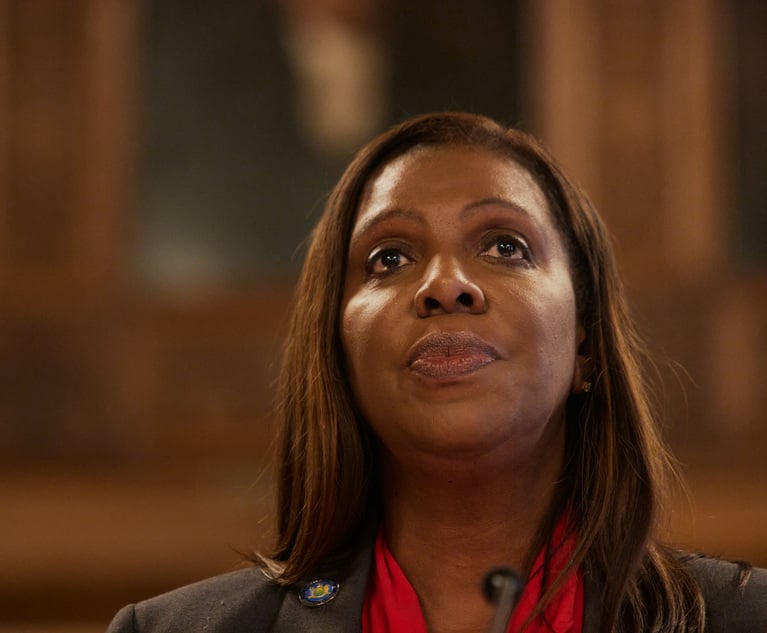The U.S. Supreme Court seldom issues rulings that broadly affect state law in personal injury cases. But, one area in which it has done so in recent years has been the enforceability and collectability of Medicaid liens against personal injury recoveries. In two significant decision, Department of Social Services v. Ahlborn, 547 U.S. 268 (2006), and Wos v. E.M.A., 568 U.S. 627 (2013), the U.S. Supreme Court established that, if a personal injury plaintiff recovers only a small fraction of the value of his or her injuries in a lawsuit—due, for instance, to limited insurance coverage or difficulties proving liability—a Medicaid lien must be reduced by the same proportion as every other element of damages in the case. If a plaintiff recovers only 50% of the true value of his damages, a Medicaid lien should similarly be reduced to 50% of its asserted amount. This takes account of the logical principle that, if a case must be settled for a fraction of its value, every element of damages making up the recovery should be proportionately reduced in the same way.
Many municipalities in the state of New York have accepted the clear import of Ahlborn and Wos, and have followed them when negotiating the reduction of liens at the end of personal injury cases. Some, however, have not, requiring personal injury plaintiffs either to resolve their liens on less favorable terms than federal law dictates, or otherwise to go to court to relitigate the merits of Ahlborn and Wos anew—and to do so yet again, each time the issue arises. In this way, these municipalities’ position recalls the iconic Bill Murray movie “Groundhog Day,” in which he must repeatedly relive the same day over and over, as though he had not done so previously. In Valentin v. NYPH, Bronx County Index No. 22092/2006E, in a 2020 decision, Justice George Silver rejected a social service agency’s attempt to avoid the clear mandates of Ahlborn and Wos, and cogently explained the requirements of federal law. His decision is one of several that judges have been required to hand down to reiterate the principles the Supreme Court has already established.


 U.S. Centers for Medicare & Medicaid Services (CMS) headquarters in Md. Photo: Jay Mallin/Bloomberg
U.S. Centers for Medicare & Medicaid Services (CMS) headquarters in Md. Photo: Jay Mallin/Bloomberg




